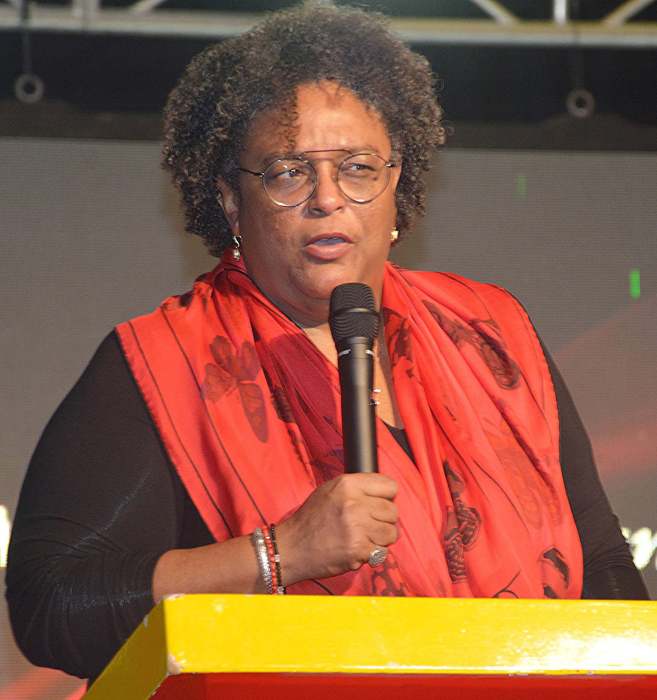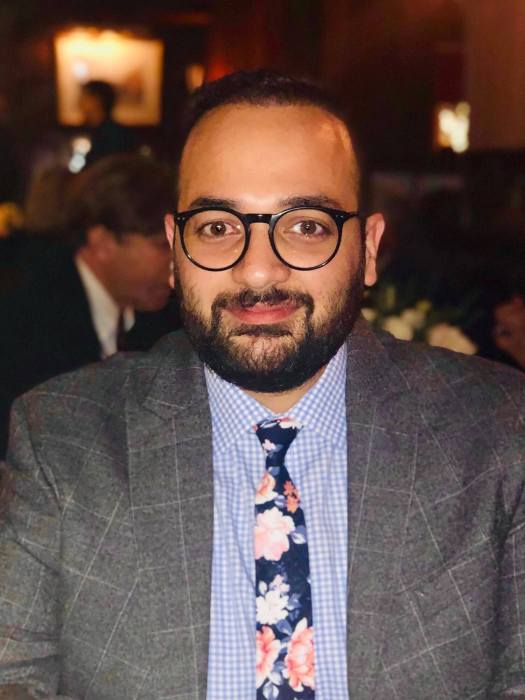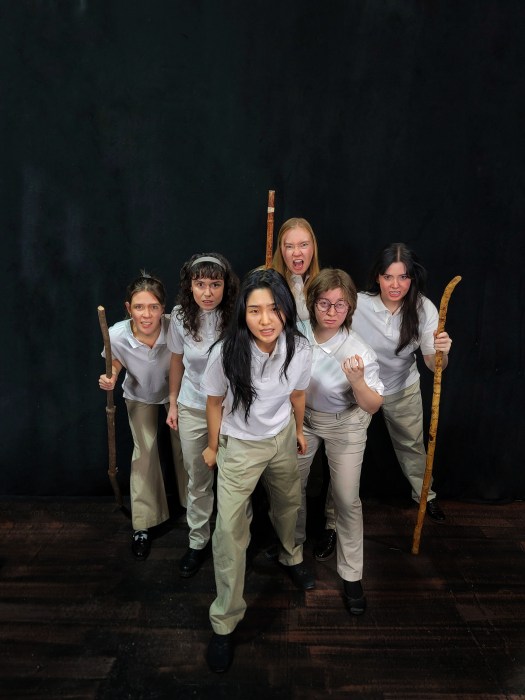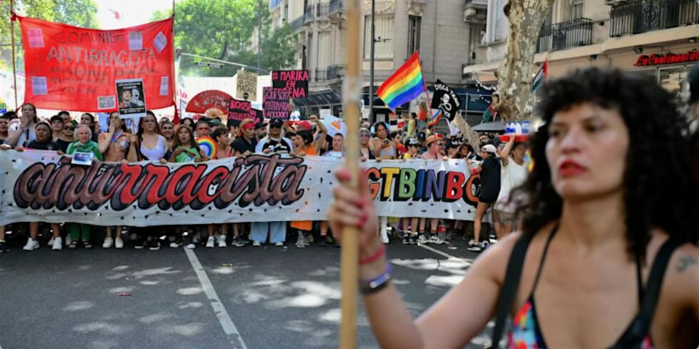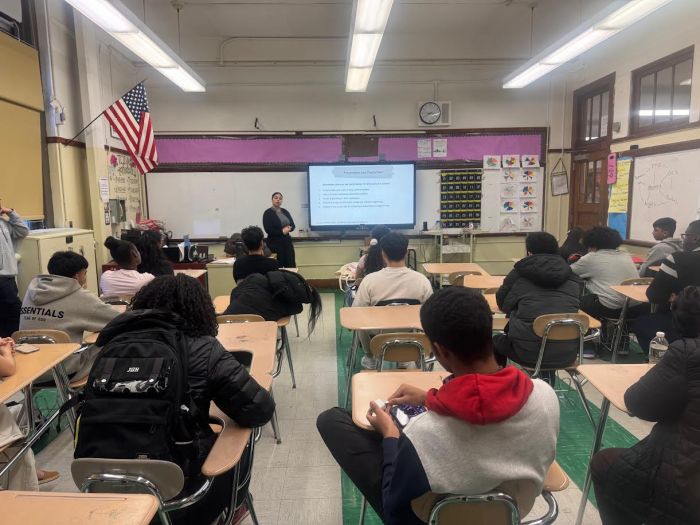As part of the 92nd St. Y’s “Friday at Noon” series, “Homage to a Legendary Choreographer: Jean-Léon Destiné, Tribute to a Master” was presented on Friday, Jan. 24.
Destiné died one year ago at the age of 94, and the program marked the one-year anniversary of his death. Valerie Rochon, dancer, dance teacher, historian and archivist directed the production.
The program began with an opening song by Yatande Sanon accompanied by erumming. It was followed by archival film of Mr. Destiné speaking and dancing.
Jean-Léon Destiné was known for explaining his dance and music and giving a bit of Haitian history along with it. He always wanted his audience to understand the context and meaning of his dance and choreography and to know something about the land of his birth. One would always come away from a Destiné concert with a greater understanding of the Haitian culture.
Carlo Destiné, son of Jean-Léon Destiné, gave his reflections of his father and his work as an artist, a father and a man. Jean-Léon Destiné is considered the father of Haitian professional dance. He first came to international attention in the 1940s and remained a prominent person of renown and influence in the dance world for decades thereafter.
Jean-Léon Destiné was born in Saint-Marc in 1918. He first came to the United States not as a dancer, but a journalism student. In the early 1940s, the young Mr. Destiné received a Rockefeller Foundation scholarship to study printing and journalism in the United States. His love of dance and Haitian culture soon moved him to return to his first love — that of dance and music, which he had studied in his native Haiti.
He toured as a dancer with the company of Lina Mathon-Blanchet in the 1940s. His dance work became well known in 1940s, often addressing Haiti’s history of resisting colonialism and slavery. He also danced with the Katherine Dunham Company. He founded a national dance company in Haiti in the late 1940s, and brought Haiti’s traditional music and dance to the concert stage and toured around the world.
The program included a lecture demonstration by Barry Duke on Jean-Léon Destiné’s use of music and musical instruments — mostly drums, in their many types and sounds.
Valerie Rochon read excerpts from her ethnographic novel, “Waves of Yanvalou.” It focused on a young Jean-Léon Destiné’s attraction to the voodoo ceremonies taking place in the hills near his home, and how he ventured to the location of a ceremony.
There were performances of reconstructed solo excerpts of choreography of Jean-Léon Destiné’s “Ceremony of Rada” performed and reconstructed by Nadia Dievdonne; “Spider Dance” performed and reconstructed by Julie Jean; “Baptism of the Drum,” dance reconstruction and costume design from the original concept by Ajabo Walround, and danced by Carolyn Webb.
Joan Burroughs followed with a biographical profile of dancer, choreographer and teacher, Jean-Léon Destiné. The final portion of the program was a panel discussion moderated by Joan Burroughs, and the panelists were: Carolyn Clemons, Joan Finkelstein, Carolyn Webb, Barry Duke, Ajabo Walround and Dr. Glory Van Scott.
© Amun/Ankhra House, Ltd.


